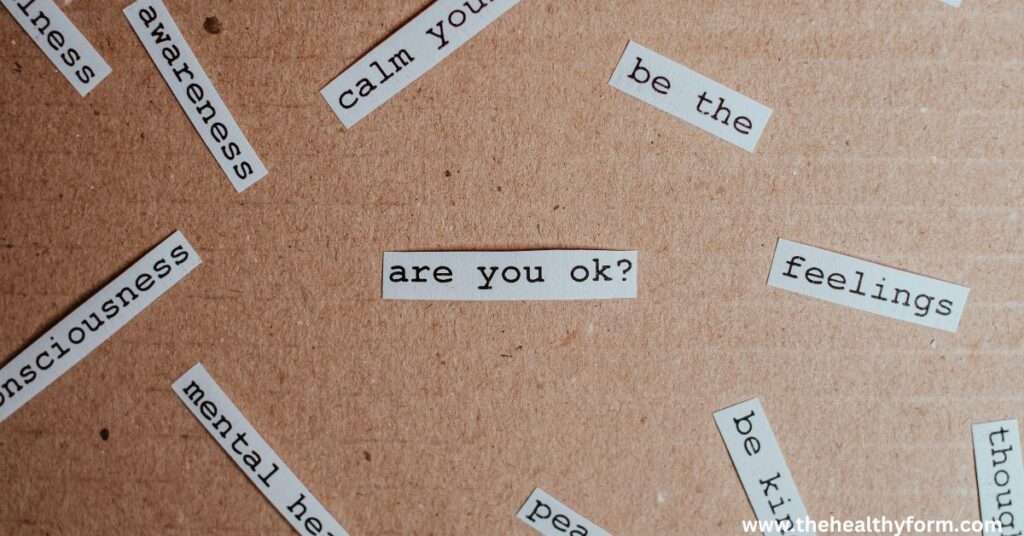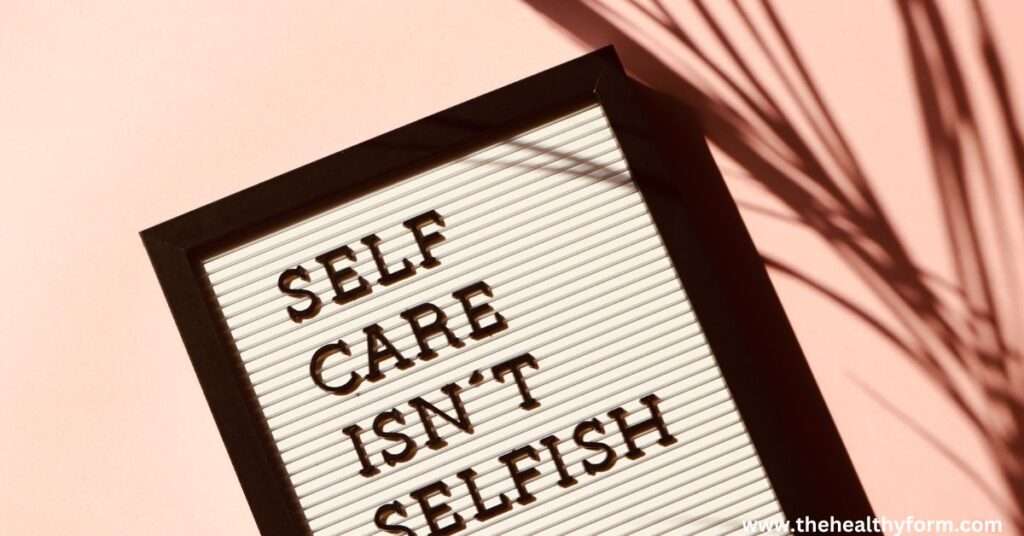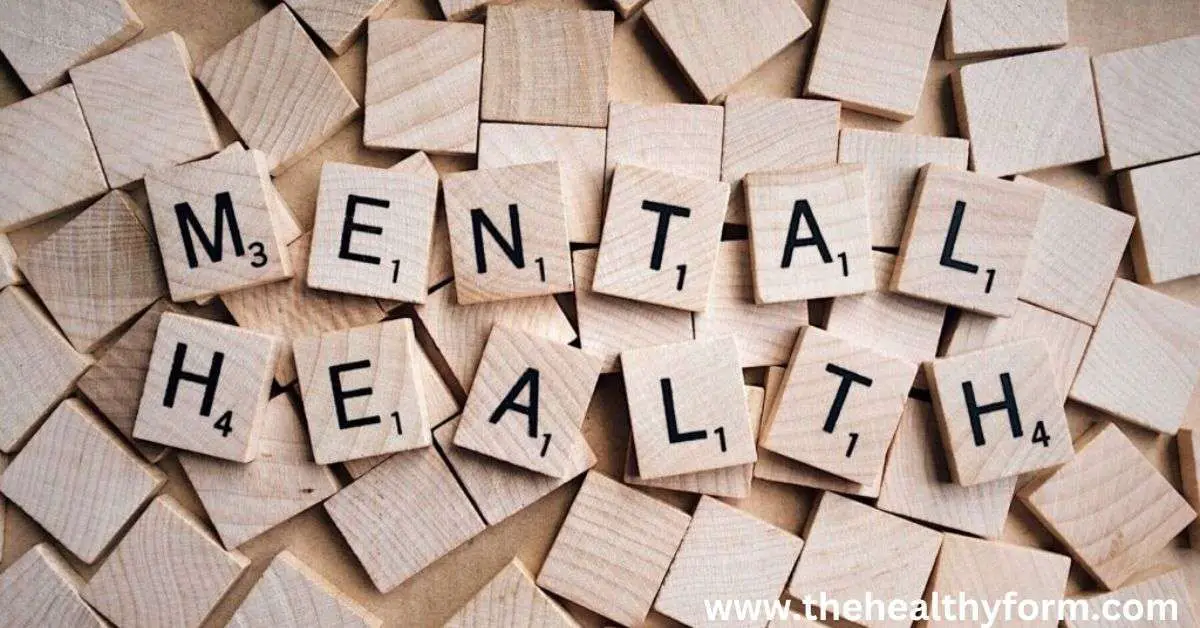10 Tips for Improving Mental Health and Well-Being for Women
Discover tips for improving mental health and well-being for women. Learn how to boost your mood, reduce stress, and promote happiness with these simple and effective strategies. This blog post will share ten tips for supporting female mental health. From understanding common mental health concerns to finding ways to manage stress and improve self-care, these tips can help you feel your best and maintain good mental health.
Mental health is an important aspect of overall health and well-being for women of all ages. It encompasses a range of emotional, psychological, and social factors that can impact mental health and well-being. Understanding common mental health concerns and finding ways to support mental health can help women feel their best and maintain good mental health. This blog post will share ten tips for supporting female mental health.

Female mental health concerns
There are several reasons why women are more prone than males to develop mental health issues. Hormone changes associated with menstrual cycles, pregnancy, and menopause can cause anxiety, mood swings, and irritability. Societal constraints, including gender roles, discrimination, and cultural expectations, can greatly impact women’s mental health. Concerns about mental health can also be exacerbated by juggling duties to one’s family, community, and workplace. Women can better manage these issues and enhance their general well-being by seeking medical assistance, such as counseling or medication. Women should prioritize their mental health and seek assistance when necessary.
Women’s mental health and wellness
A woman’s life must include consideration for her mental health and well-being. Obstacles specific to women, such as menopause, hormonal changes, pregnancy, delivery, and caregiving obligations, may influence their mental health. Women should thus emphasize their mental wellness by engaging in self-care practices like yoga, writing, meditation, and outdoor time. Also, women need medical attention when they exhibit signs of mental health conditions, including anxiety, depression, or postpartum depression. Women may live healthy, satisfying lives by putting their mental health and fitness first.
Managing stress and improving self-care
Taking care of your mental health is important, and increasing self-care and stress management are two important steps in that direction. Finding ways to relax and recharge is essential since stress may negatively impact your physical and emotional health. This might entail picking up a stress-relieving hobby, exercising regularly, or practicing mindfulness.
To avoid burnout, it’s also crucial to establish limits on your work and other commitments. Setting priorities for things that feed your mind, body, and spirit can help you practice better self-care. This might involve maintaining a healthy diet, getting sufficient sleep, spending time with loved ones, and carving out some alone time. You may maintain excellent mental health and live healthier by prioritizing stress management and self-care.
Communication and support in relationships
Each successful relationship is built on effective communication. It entails carefully listening to and empathizing with your partner and being open and upfront about your feelings and wants. Effective communication helps avoid misunderstandings and arguments, promotes trust and intimacy, and improves overall relationship happiness. Also, asking for help from loved ones can offer perspective and emotional solace during trying times. By prioritizing communication and support in our relationships, we may build wholesome connections that enhance mental well-being and fulfillment.

Managing mental health concerns during pregnancy and postpartum
Depression and anxiety during pregnancy can be brought on by hormonal changes, physical discomfort, and worry about the baby’s well-being. As many as 1 in 7 women experience postpartum depression after giving birth. Sadness, worry, boredom with hobbies, and trouble sleeping are a few symptoms.
It is essential to discuss any mental health issues throughout pregnancy and postpartum with a healthcare professional. Therapy, medication, and support groups may all be available as treatment choices. Early assistance can lead to better outcomes for the mother and the unborn child.
Supporting mental health in women over 50
Menopause, retirement, changes in relationships, and changes in family dynamics are just a few of the difficulties women over 50 may face, which may impact their mental health. Women in this age group must keep socially active and nurture their bonds with friends and family to promote their mental health. Physical exercise and hobbies can also improve mood and lower stress. It can also be helpful to manage mental health issues by seeking professional care, such as counseling or medication, if necessary. Putting self-care first and getting support when necessary may help women over 50 keep their mental health in check and live happy, fulfilled lives.
Women’s mental health and reproductive health
Women’s reproductive and mental health are interrelated components of well-being that need care and attention. Menstruation, pregnancy, and menopause are examples of reproductive health difficulties that may substantially influence mental health. In contrast, illnesses like anxiety and depression can impact reproductive health results. To support physical and mental health, one can seek medical attention and engage in self-care practices, including mindfulness, exercise, and a balanced diet. Discovering stress management techniques and prioritizing self-care can promote reproductive and mental health. To obtain optimum well-being, it is crucial to give priority to these linked components of health.

Supporting mental health in women with chronic conditions
Due to the constant difficulties connected with their health, women with chronic ailments like diabetes, heart disease, or autoimmune disorders frequently feel higher stress levels, anxiety, and despair. Access to tools like counseling or support groups, which may assist these women in developing coping mechanisms and establishing connections with others who can relate to their challenges, is essential for promoting mental health among these women. Healthcare professionals should also be proactive in addressing the mental health issues of their patients and providing suitable referrals and treatment alternatives. Women with chronic diseases can live richer, healthier lives by attending to their physical and emotional health requirements.
Mental health and women’s work-life balance
Balancing work and life is essential for mental health, especially for women who frequently juggle several obligations at home and work. To prevent burnout, stress, and other mental health problems, it is crucial to maintain a balance between job, family, and personal life. To properly manage their workload, women should emphasize self-care, establish firm limits, and master job delegation. Exercise, reading, or spending time with loved ones are all enjoyable and relaxing activities that may support a healthy work-life balance. A balanced lifestyle enhances mental health and increases productivity and work happiness.
Mental health and self-esteem
Mental wellness depends on having a positive sense of self. Individuals with greater self-esteem typically have better coping mechanisms and more satisfying relationships and are less likely to suffer from mental health conditions like depression or anxiety. Self-care, setting and attaining realistic objectives, getting support from dependable friends and family, and other techniques can all help to increase self-esteem. Self-care, accomplishment, and supportive connections influence positivity about oneself and greater mental health.
FAQs about Mental Health and Well-Being
Here are some of the most common questions people have about mental health and well-being:
How does mental health affect physical health?
Mental health can have a significant impact on physical health. Poor mental health can increase the risk of chronic physical conditions like heart disease, diabetes, and obesity.
What is the difference between mental health and mental illness?
Mental health refers to a person’s overall psychological well-being, while mental illness refers to a diagnosable disorder that affects a person’s mental health.
How can I practice self-care for my mental health?
Practicing self-care for your mental health can involve activities like meditation, journaling, taking breaks from technology, spending time in nature, and engaging in hobbies that bring you joy.
How can I support a friend or family member with mental health issues?
You can support a loved one with mental health issues by listening without judgment, offering encouragement and support, helping them find resources like therapy or support groups, and being patient and understanding.
When should I seek professional help for my mental health?
You should seek professional help for your mental health if you experience persistent symptoms like sadness, anxiety, sleep disturbances that interfere with your daily life, or thoughts of self-harm or suicide.
Conclusion
Mental health is an important aspect of overall health and well-being for women of all ages. By understanding common mental health concerns and finding ways to support mental health, women can feel their best and maintain good mental health. Whether seeking medical treatment, improving self-care and stress management, or finding ways to boost self-esteem, many strategies can support mental health and well-being for women.





